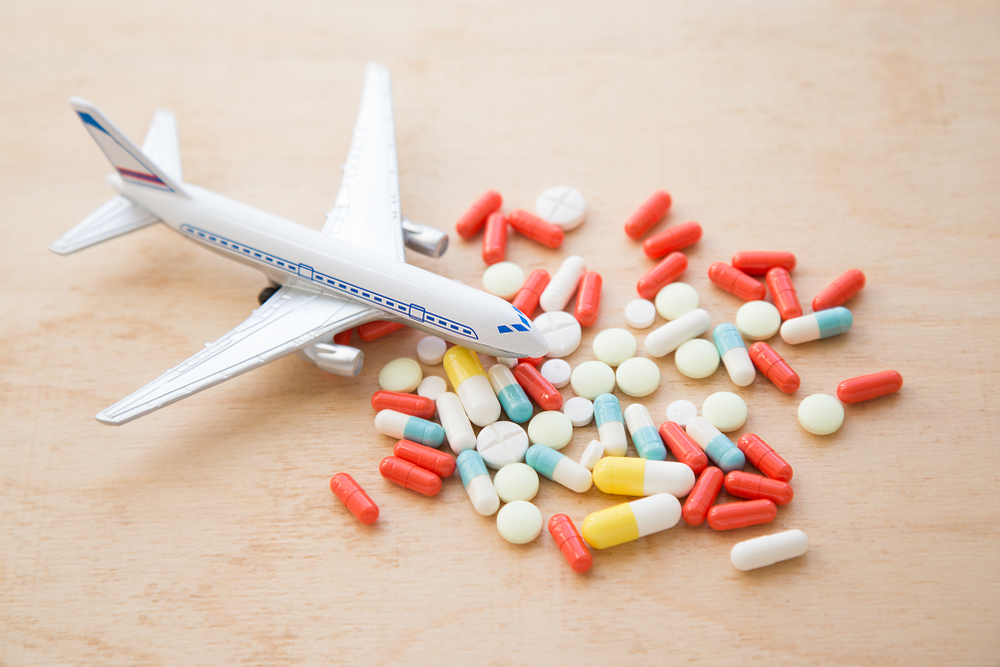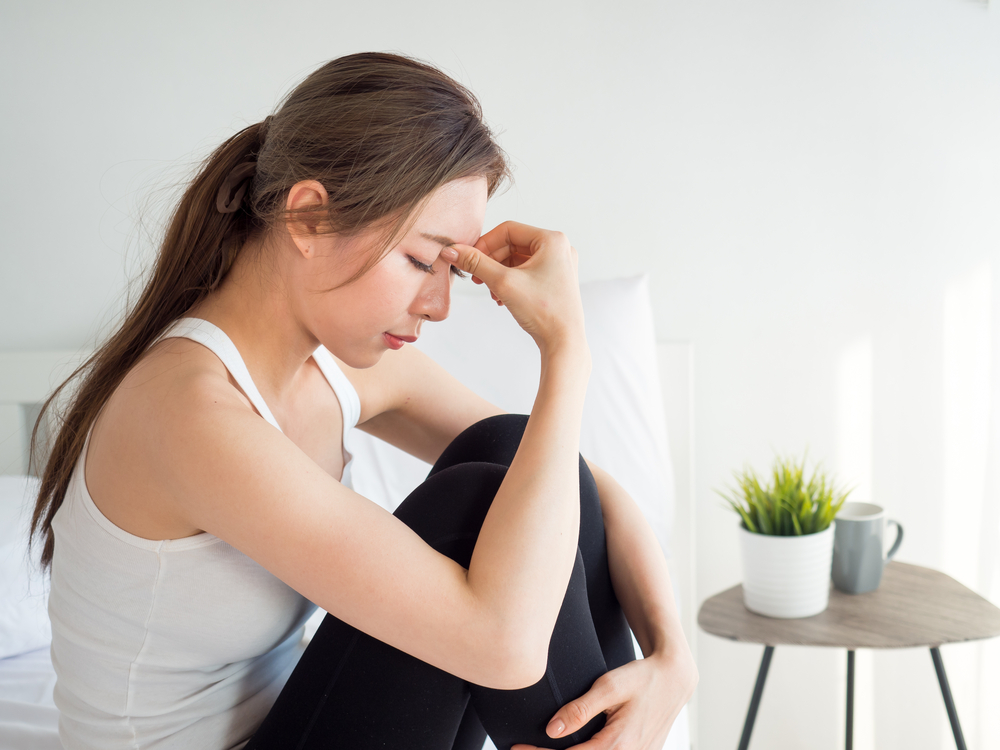Contents:
- Medical Video: SHE CAN BREATHE DEEPLY !! 22 YEARS OF LUNG DISEASE. C.O.P.D. - Chronic obstructive pulmonary disease
- Tips for traveling with COPD
- 1. Visit a doctor
- 2. Get vaccinated
- 3. Check the equipment
- 4. Discuss the purpose of the trip
- 5. Prepare for challenging weather
- 6. Make an agreement with the airline
- 7. Make an agreement with the train and bus before the trip
- 8. Find out which health services are along the route
Medical Video: SHE CAN BREATHE DEEPLY !! 22 YEARS OF LUNG DISEASE. C.O.P.D. - Chronic obstructive pulmonary disease
Difficulty breathing is a characteristic of COPD. As a result, many people who suffer from this disease are reluctant to travel far from home. Even though, traveling can be one way to relieve stress due to a series of COPD treatments that you may undergo. COPD patients can of course and are allowed to travel far as long as they know tips on traveling with COPD.
With proper and mature preparation, there is no reason for COPD patients not to be able to travel wherever they like, whether for a few hours or a few weeks. Come on, take a look at the tips traveling with the following COPD.
Tips for traveling with COPD
1. Visit a doctor
Tips traveling with COPD the most important thing is to visit your doctor. Discuss your travel plans with your doctor. By visiting a doctor, you will find out the honest judgment of the doctor about how far you are able to travel. You can also get input about your needs during the trip. One of the questions you can ask is about additional oxygen requirements, especially if you are traveling by plane.
2. Get vaccinated
Be sure to get the latest vaccinations, including flu injections (influenza vaccine) and pneumococcal conjugate vaccine (PCV13) to protect yourself from pneumonia. Find out other adult vaccinations that you might need. COPD patients are also more prone to pneumonia, lung inflammation, which can result in unwanted hospitalizations.
3. Check the equipment
Checking equipment can be one of the tips traveling with COPD that is no less important. Ask your doctor for help in checking your equipment, such as a nebulizer, compressor and portable oxygen concentrator, which you will use while traveling to prevent possible damage. In addition, you also have to simulate using a nebulizer before traveling. It is useful to find out whether you can operate it yourself or need help from someone else.
4. Discuss the purpose of the trip
Tell your doctor about your travel destination. That way you can get advice that helps anticipate worsening symptoms of COPD. Travel to a high place (high altitude) can lead to shortness of breath or hypoxemia (low blood oxygen). In fact, patients who do not use oxygen therapy at home may need it when traveling there. That's why discussing the purpose of a trip with a doctor is a tip traveling with COPD you have to practice.
5. Prepare for challenging weather
Check forecasts and weather reports about the area you are going to go to. Avoid traveling to areas full of smoke and fog or traveling when the season in the destination country is a potential problem. In traveling by car, use air conditioning and keep the window closed, especially in conditions of dusty and smoky air that can cause lung irritation.
6. Make an agreement with the airline
COPD patients cannot use a private oxygen compressor (gas in a tube or liquid oxygen) in the aircraft. However, airlines may permit the use of battery-operated portable oxygen therapy. Make sure with the manufacturer to determine whether the device has been allowed to be used in the aircraft. You should also show a certificate from a doctor stating that you have COPD and need oxygen therapy.
The rules of each airline can be different and may change at any time, so contact their customer service a few weeks before your travel schedule. Ask the airline representative what you should do to get extra oxygen on the plane.
7. Make an agreement with the train and bus before the trip
If you go by train or bus, some transportation companies allow you to carry portable oxygen equipment (bottled oxygen and oxygen concentrators) that do not only depend on the flow of electricity from the vehicle. However, you should make sure that they do it. If you are traveling abroad, make sure with the bus or train at the destination because the policies can be different.
8. Find out which health services are along the route
Do you use a compressed oxygen tube? When traveling by car, mark places that allow you to buy additional tubes along the travel route just in case you experience a malfunction or run out of supplies. Also ask whether your oxygen provider may have branches along the travel route that you travel. The same is true if you need an additional battery for a battery-operated portable oxygen concentrator.
By knowing tips traveling with COPD, you can take care of yourself and prevent your COPD from worsening. However, of course it would be better ifYou travel with a family that can help at any time and who understands your illness. By following the tips on traveling with COPD above, hope your trip is enjoyable and does not cause any problems.
Hello Health Group does not provide medical advice, diagnosis or treatment.












